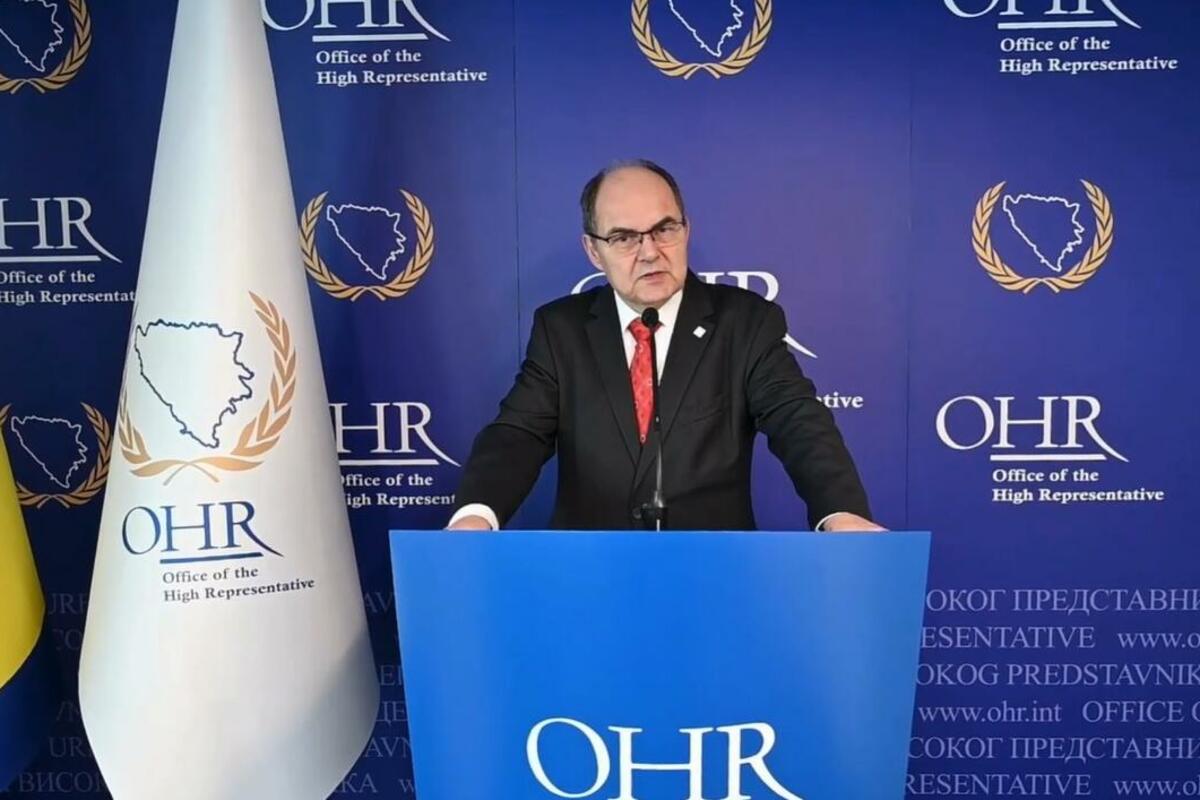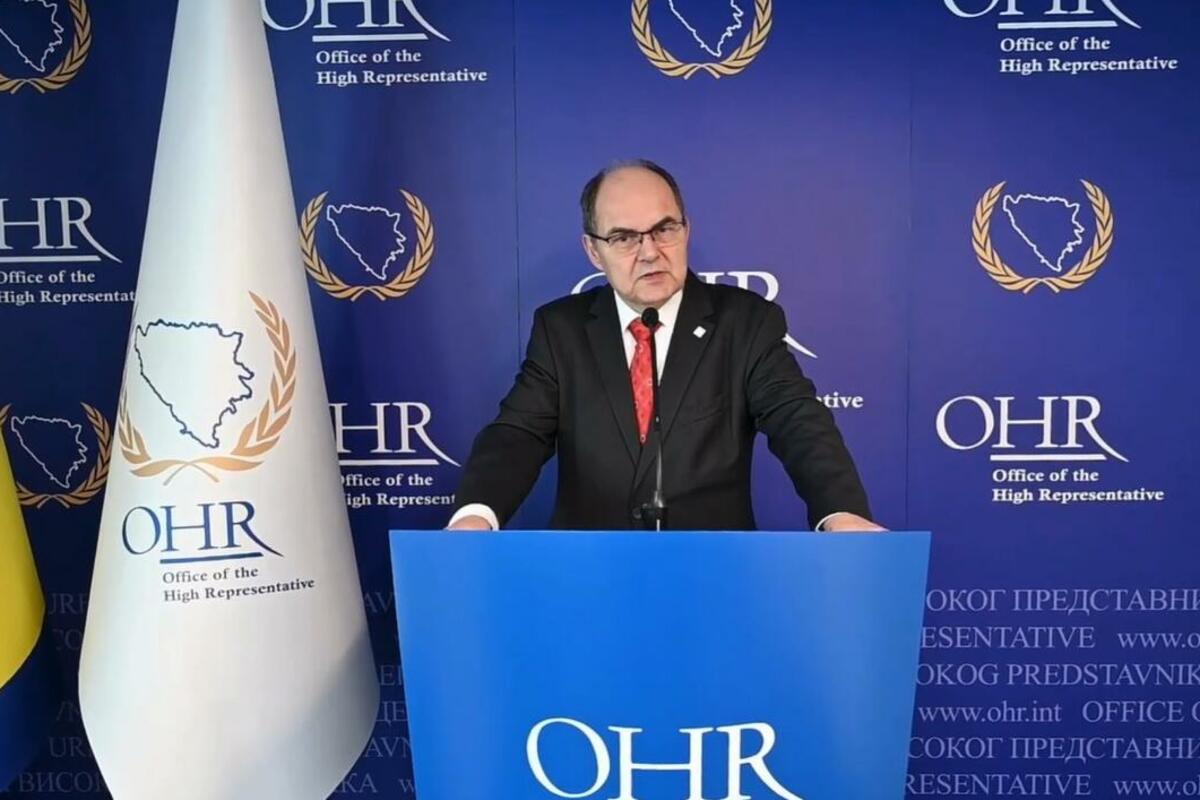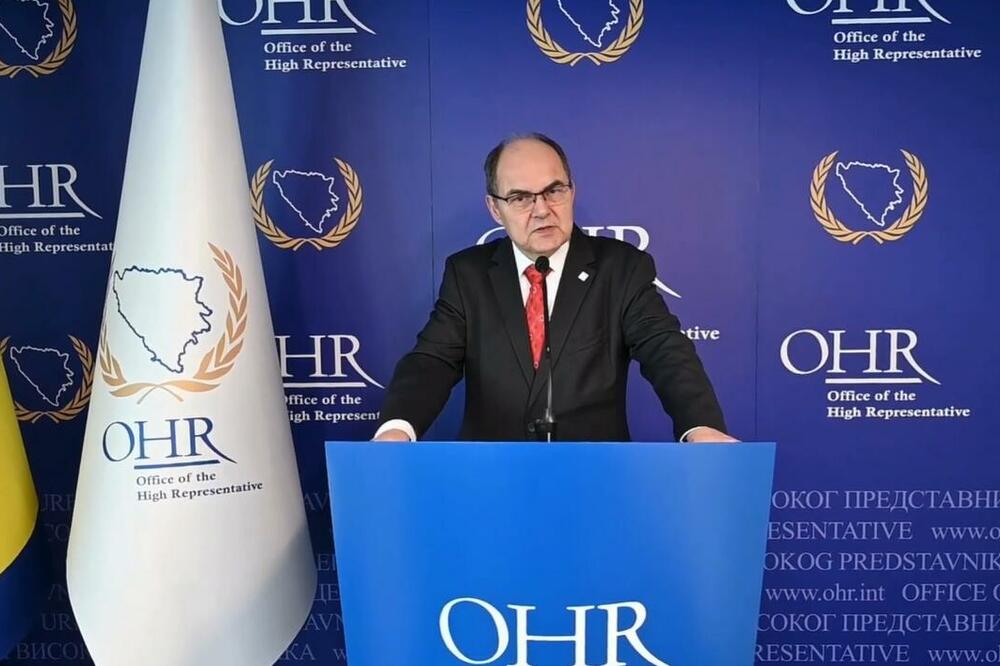Welcome to Bosnia and Herzegovina, a country where debts are piling up, elections are looming, and High Representative Christian Schmidt is wielding his Bonn powers like a political gladiator rather than a statesman in a country that has struggled for years to agree on basic financial matters! Did you know that on July 17, Schmidt imposed a decision that the 56 million euro debt to the Slovenian company Viaduct will be paid from the budget of Republika Srpska? Yes, you read that right – Republika Srpska will foot the bill for a debt stemming from a long-standing dispute over a hydroelectric concession on the Vrbas river! And that’s not all. Schmidt simultaneously secured funds for the Central Election Commission of BiH to cover the costs of procuring new election technologies, including ballot scanners and biometric scanners, for the general elections scheduled for 2024. All this, of course, using his Bonn powers that allow him to intervene in domestic legislation without local consent.
Is this a solution or just another proof that BiH is trapped in a vicious cycle of financial and political turmoil? Viaduct initiated arbitration proceedings against BiH, and following a ruling by the International Centre for Settlement of Investment Disputes in Washington, it is seeking seizure of state assets, including funds from the Air Navigation Services Agency of BiH and real estate of the Central Bank of BiH in several cities. Meanwhile, the entities Republika Srpska and the Federation of BiH cannot agree on the distribution of road toll revenues, which are meant to finance road construction and maintenance, causing debts to grow and financial tensions to rise.
Schmidt claims that the debt payment will not affect the budget stability of Republika Srpska and that citizens will not be impacted, but is that really the case? Does anyone in BiH have control over these processes, or is everything left to international representatives and their decisions? The Central Election Commission estimated that about 59 million euros will be needed to introduce new election technologies, and since the 2024 state budget has not yet been adopted, Schmidt decided to secure funds from the profits of the Central Bank of BiH. This is the first time the Central Bank’s profit is being allocated to state institutions rather than entities, sparking additional tensions between the entities.
BiH is also facing several other investment arbitration claims, with potential claims exceeding 1.3 billion euros! In this chaos, Schmidt calls on authorities at all levels to immediately fulfill their obligations and adopt the state budget, while cultural institutions and other organizations have been waiting for years to resolve their legal and financial status.
This situation perfectly illustrates how international pressures, internal divisions, and government inefficiency can push a country to the brink of financial collapse. If you think this is just another boring political story, think again – this is about money that could change the lives of millions, but instead is used as a tool for political games and international pressure.
So, what do you think? Is Christian Schmidt a hero saving BiH from financial chaos, or just another player in a game without rules? Drop your thoughts, crack a sarcastic joke, or just laugh it off – because in BiH, it seems only humor can save us from madness!












